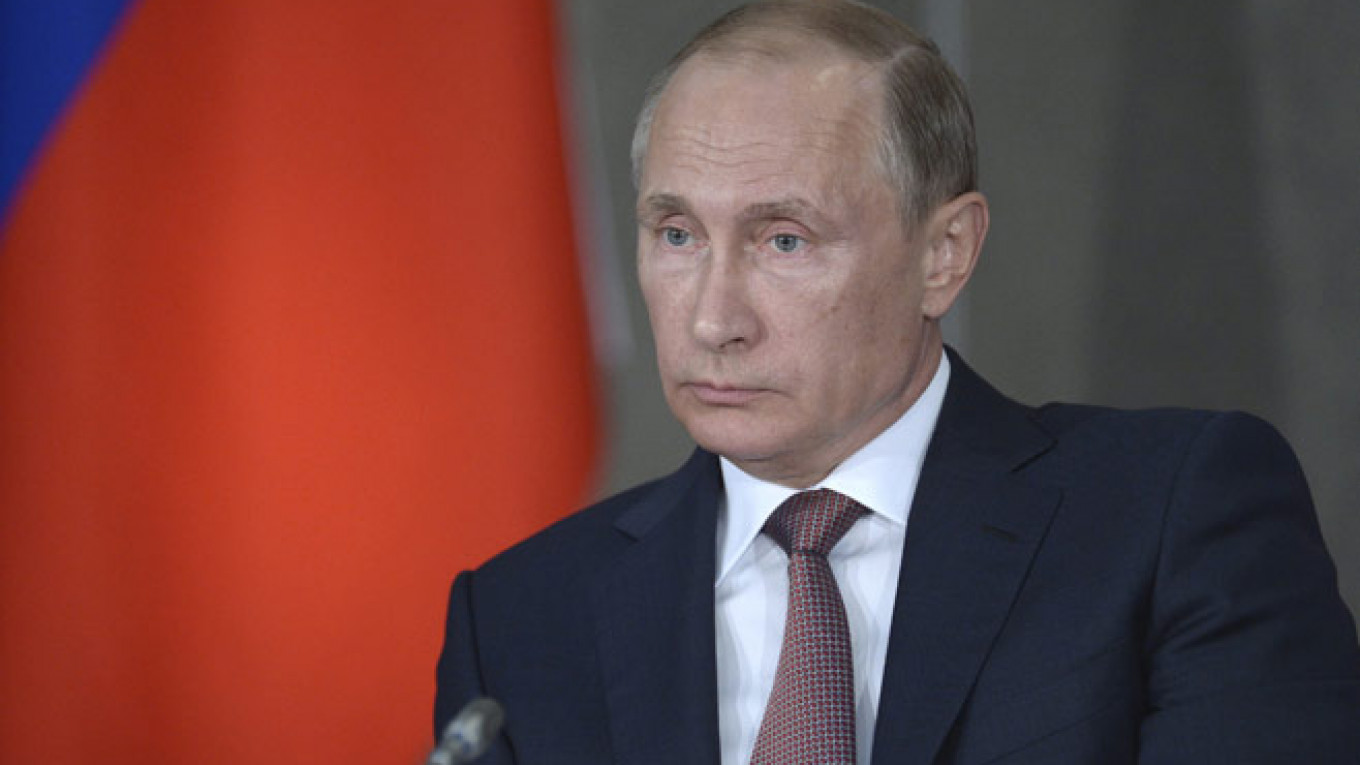The West is finally coming to a belated comprehension of the power of the Kremlin media machine. The Soviet Union is no more, but the Kremlin holds a media hegemony over 142 million citizens of Russia and 93 million residents of former Soviet republics, for whom Russian is a native language, or fluent second language.
The European Endowment for Democracy project that I co-authored sought a solution to this problem. Our research led us to an understanding of how different the situation is today than during the Cold War era.
In the 20th century, the goal of Western media broadcasts in Russian, like the BBC World Service and Radio Free Europe, was to get information through the Iron Curtain. The battle was fought for alternative points of view against censorship. Today, television is under the strict control of the Kremlin, but the public has access to different media sources through the Internet.
Russian-speaking citizens of Ukraine, Moldova, and the Baltics can get information from a wide range of sources: Kremlin-run, local, or Western, all providing sharply contradictory versions of reality.
A good example is Estonia, whose residents, after hearing the competing Russian and Western versions of the events surrounding the downing of Malaysia Airlines Flight MH17 over Ukraine last year, lost faith in reports from both sides.
The Kremlin blurs the boundary between fact and fiction. Informational and analytical segments are prepared using cinematic techniques and sensationalism. The disinformation is arranged into a coherent narrative. News shows concentrate on military actions in Ukraine, Western conspiracies against Russia, and positive stories about President Vladimir Putin. The president ensures stability in a country surrounded by enemies.
These emotions are intensified through costly documentary films about the glorious battles of World War II and betrayal by liberals, dishonoring themselves by collaborating with enemies of the motherland.
Meanwhile, the Kremlin-run media ignores the local news and important social issues. Analysts from the European Endowment for Democracy recommended creating a news agency that would concentrate on those very details that Moscow strives to avoid.
This type of media source would be unlikely to succeed, nor should it try, in convincing its audience of the veracity of one particular version of the events surrounding a passenger plane crash in Ukraine, for example, but it could focus on local stories about hospitals, schools, and courts, and therefore be more relevant.
Ideally, this approach to program creation should correspond to development priorities. When the British Department for International Development supports judicial reform in Ukraine or Moldova, that should be accompanied by the production of television shows and documentaries about the workings of the judicial system. The BBC charity Media Action is already helping Ukrainian public television prepare short films about the lives of young people in a conflict zone. The budget for this project is tiny, but such projects are essential.
High-quality shows aren't cheap. A full-fledged television project like BBC Russia would cost at least 20 million euros a year. Putin knows well that the media is just as important as doctors and soldiers. The West made a big mistake in the 1990s when they left media development in the former Soviet Union to the will of the free market. The media was seized by oligarchs and corrupt regimes.
Reducing financing for media sources like Radio Free Europe was seen as a peacetime bonus in the West. But today, the cost of those savings is high.
Peter Pomerantsev is a senior fellow at the Legatum Institute. This is an abridged version of a comment that originally appeared in Vedomosti.
A Message from The Moscow Times:
Dear readers,
We are facing unprecedented challenges. Russia's Prosecutor General's Office has designated The Moscow Times as an "undesirable" organization, criminalizing our work and putting our staff at risk of prosecution. This follows our earlier unjust labeling as a "foreign agent."
These actions are direct attempts to silence independent journalism in Russia. The authorities claim our work "discredits the decisions of the Russian leadership." We see things differently: we strive to provide accurate, unbiased reporting on Russia.
We, the journalists of The Moscow Times, refuse to be silenced. But to continue our work, we need your help.
Your support, no matter how small, makes a world of difference. If you can, please support us monthly starting from just $2. It's quick to set up, and every contribution makes a significant impact.
By supporting The Moscow Times, you're defending open, independent journalism in the face of repression. Thank you for standing with us.
Remind me later.


